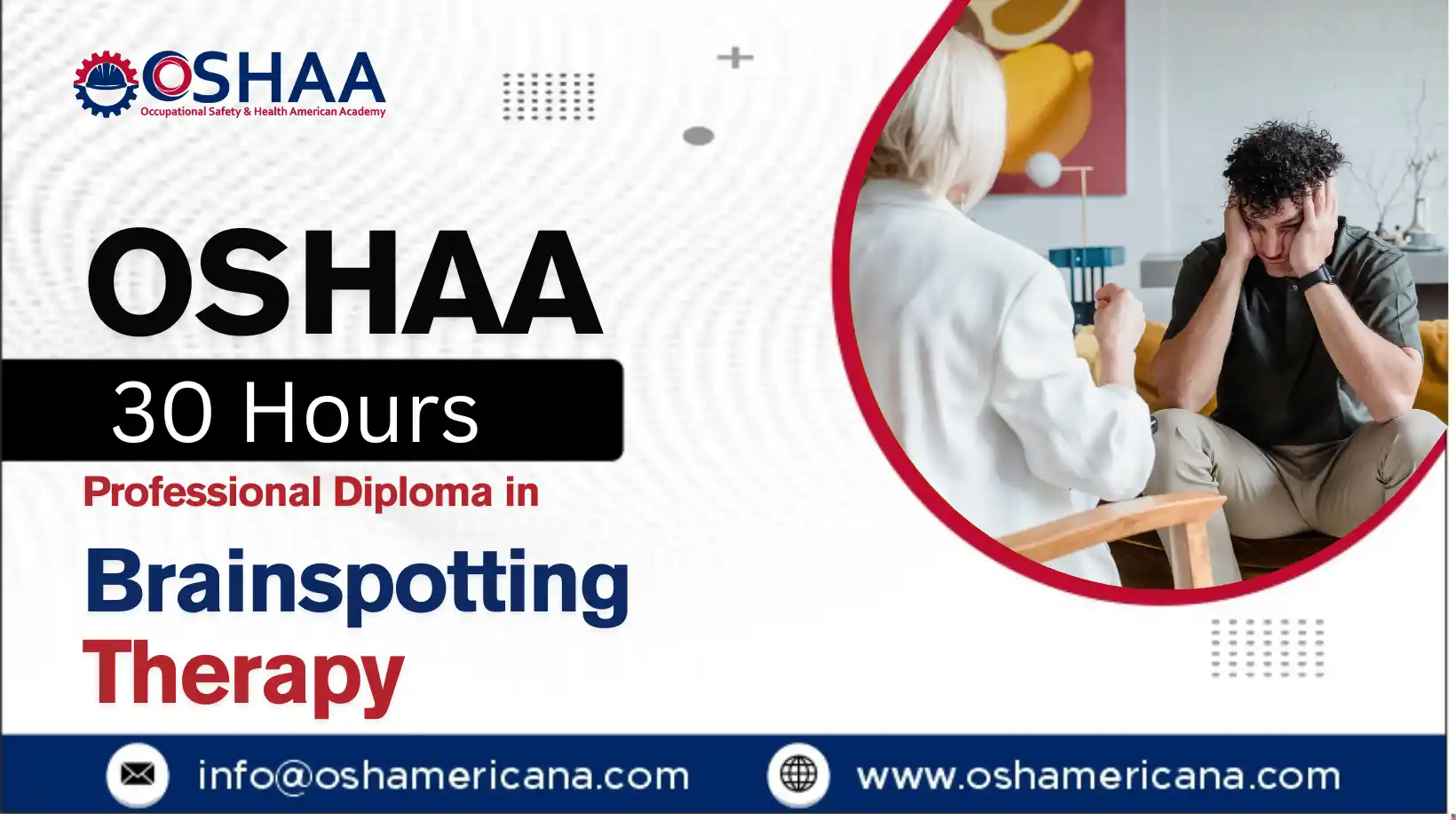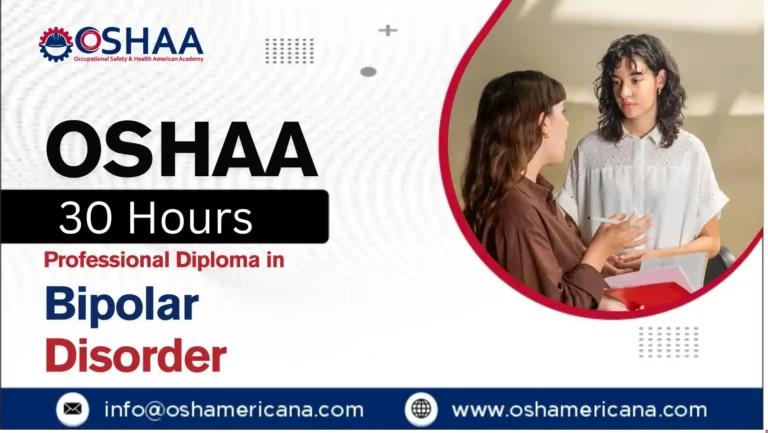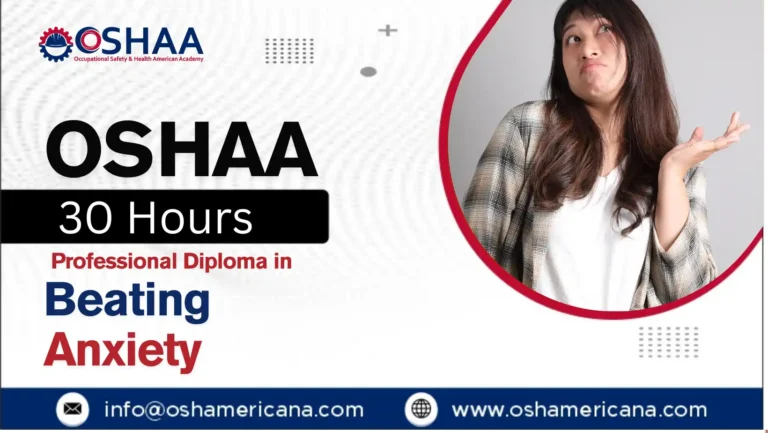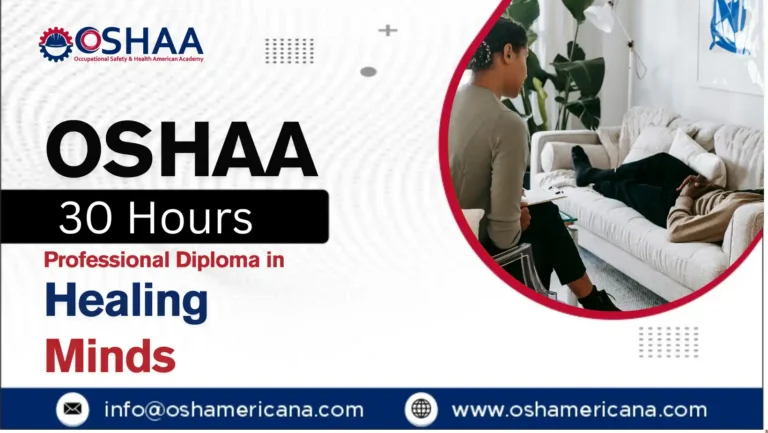Brainspotting is an innovative therapeutic method that taps into the brain’s natural ability to heal itself from trauma, emotional distress, and deeply rooted psychological challenges. The OSHAA 30-Hours Professional Diploma in Brainspotting Therapy is a professionally developed training programme that introduces participants to the theory, principles, and practice of this groundbreaking approach. Designed to meet UK professional standards, this diploma offers a comprehensive and practical learning experience for those seeking to integrate brain-based therapies into their work.
This diploma explores Brainspotting as a powerful therapeutic technique that identifies, processes, and releases neurophysiological sources of emotional pain and trauma. Developed by Dr David Grand, Brainspotting is based on the idea that where we look affects how we feel. By using specific eye positions and focused attention, this method allows the brain to access unresolved experiences that traditional talk therapies may not reach.
The OSHAA Professional Diploma in Brainspotting Therapy provides participants with an in-depth understanding of how brain-based therapies support emotional regulation, trauma resolution, and personal transformation. Participants will learn how to identify brainspots, use attunement techniques, and support emotional processing in a safe, structured manner.
Brainspotting is increasingly recognised as a valuable and effective approach in trauma therapy and emotional processing. The OSHAA diploma provides participants with a strong foundation in both the theory and practical application of this method. With professionally developed materials and UK-aligned standards, the course equips participants with real-world skills and insights that are immediately applicable in various supportive settings.
Upon completion, participants may choose to further their training with advanced Brainspotting techniques or explore other trauma-informed modalities such as somatic experiencing, EMDR, or mindfulness-based therapies. This diploma also enhances career development for those in counselling, mental health, coaching, and care professions, offering both personal growth and professional recognition in an emerging field of therapeutic practice.
OSHAA 30-Hours Professional Diploma in Brainspotting Therapy
Study Units
Learning Outcomes
Introduction to Brainspotting: Origins and Theoretical Framework (3 hours)
- Understand the development and foundational principles of Brainspotting therapy
- Explore how Brainspotting differs from and complements other therapeutic approaches
- Recognise the theoretical underpinnings of eye positioning and its relevance in emotional processing
Neurobiology of Trauma and Brain-Body Connection (4 hours)
- Identify how trauma is stored and expressed within the brain and body
- Understand the roles of the limbic system, brainstem, and autonomic nervous system in trauma responses
- Gain insight into how Brainspotting leverages the brain-body connection to facilitate healing
The Brainspotting Process: Accessing and Locating Brainspots (4 hours)
- Learn practical methods for identifying brainspots through visual field targeting
- Understand the concept of “activation” and how it guides the process of locating emotional material
- Practise techniques for safely accessing and maintaining brainspots during sessions
Dual Attunement Frame and the Therapeutic Relationship (3 hours)
- Develop the ability to maintain presence and attunement throughout the therapeutic process
- Understand the importance of relational safety and non-verbal communication
- Apply dual attunement principles to enhance emotional trust and processing
Structuring Brainspotting Sessions: Phases and Flow (6 hours)
- Learn how to conduct a full Brainspotting session, from preparation to closure
- Understand session structure, including client tracking, resource spotting, and deactivation
- Build confidence in managing the therapeutic flow and responding to client needs in real time
Brainspotting Applications in Trauma and PTSD (4 hours)
- Apply Brainspotting techniques specifically for trauma and post-traumatic stress
- Understand common trauma symptoms and how they manifest during therapy
- Support clients in accessing and resolving trauma material safely and effectively
Emotional Regulation and Somatic Integration Techniques (3 hours)
- Use somatic tracking to help clients remain grounded and regulated during sessions
- Recognise signs of emotional dysregulation and apply appropriate stabilisation tools
- Integrate body awareness into Brainspotting to support long-term healing
Brainspotting for Performance, Creativity, and Motivation (3 hours)
- Apply Brainspotting to unlock performance blocks and enhance creative flow
- Understand the use of “expansion” techniques to access positive emotional states
- Support clients in overcoming fear, resistance, and self-sabotage related to performance and goals
Course Benefits – OSHAA 30-Hours Professional Diploma in Brainspotting Therapy
- Provides a thorough understanding of Brainspotting principles, techniques, and applications grounded in neuroscience
- Equips participants with practical skills to identify, access, and work with brainspots for emotional healing
- Enhances therapeutic presence and deepens the capacity for attunement in client sessions
- Builds confidence in supporting trauma resolution, emotional regulation, and self-integration
- Offers tools to address PTSD, anxiety, grief, phobias, and performance blocks effectively
- Introduces innovative approaches for working with both activation and expansion states in therapy
- Encourages somatic awareness and mind-body integration for sustainable emotional wellbeing
- Supports professional development with a recognised diploma aligned to UK standards of ethical practice
- Strengthens participants’ ability to integrate Brainspotting into counselling, coaching, or wellbeing frameworks
- Prepares participants to offer trauma-sensitive care in diverse personal, clinical, and organisational settings
The OSHAA 30-Hours Professional Diploma in Brainspotting Therapy is designed for participants who wish to explore advanced, neurobiologically informed methods for emotional healing and personal transformation. It is particularly suited to:
- Counsellors, psychotherapists, and mental health professionals seeking to enhance their therapeutic toolkit
- Life coaches, wellbeing practitioners, and holistic therapists working with emotional or performance challenges
- Trauma support workers and crisis responders looking to adopt brain-based approaches
- Health and social care professionals interested in integrative mind-body interventions
- Participants aiming to understand trauma and emotional processing from a neuroscience perspective
- Individuals committed to developing a trauma-sensitive, attuned approach to supporting others
This course is ideal for participants who are passionate about trauma-informed care and wish to integrate innovative, evidence-informed techniques into their professional or personal practice.







